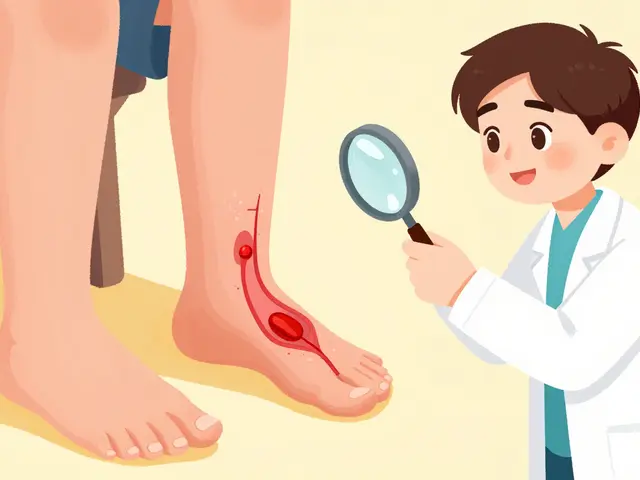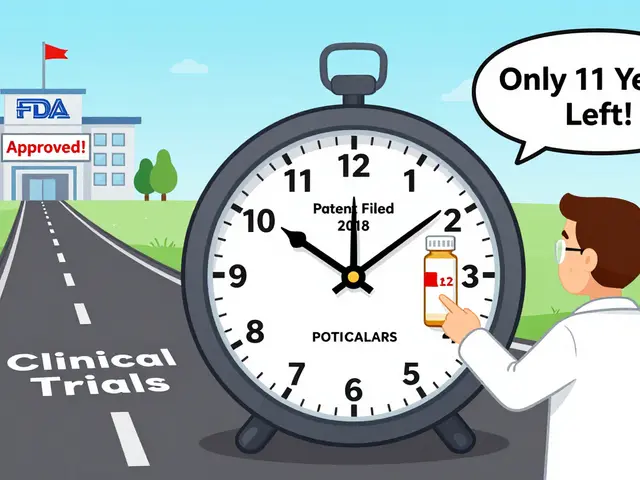Antipsychotic Medications: What You Need to Know
Antipsychotics treat symptoms like hallucinations, severe agitation, and mood swings. Doctors prescribe them for schizophrenia, bipolar disorder, and sometimes for severe anxiety or depression. They can calm thinking, reduce risky behavior, and help people sleep and think more clearly. This page gives straight, useful info so you can understand benefits, risks, and simple safety steps.
How they work and common types
Antipsychotics change brain chemicals, mainly dopamine and serotonin. There are two main groups: typical (first-generation) and atypical (second-generation). Typical drugs — like haloperidol — are older and can cause movement side effects. Atypical drugs — like risperidone, olanzapine, quetiapine, and aripiprazole — tend to cause more weight gain and metabolic changes but fewer movement problems. Clozapine is an atypical reserved for treatment-resistant cases because it can cause low white blood cell counts and needs blood monitoring.
Which drug is right depends on symptoms, past response, side effect risk, other health problems, and drug interactions. If you’re curious about alternatives, check our guide “Top 9 Alternatives to Aripiprazole” for specific options and trade-offs.
Side effects, monitoring, and safety tips
Side effects vary a lot. Movement issues (tremor, stiffness, restlessness) are more common with older drugs. Weight gain, higher blood sugar, and high cholesterol are common with many newer antipsychotics. Some drugs can prolong the QT interval, which affects heart rhythm. Clozapine needs regular blood tests because it can lower white blood cell counts.
Practical safety steps: get baseline weight, blood pressure, fasting glucose, and lipid tests before starting treatment. Repeat those checks regularly — usually at 3 months and yearly unless your doctor advises otherwise. If you notice sudden muscle stiffness, uncontrollable movements of the face or tongue, or a high fever and confusion, contact your provider or ER right away.
Avoid alcohol and be careful with other sedating meds. Smoking can lower levels of some antipsychotics (clozapine and olanzapine use CYP1A2), so changes in smoking habits can change drug effects. Don’t stop antipsychotics suddenly — stopping can cause withdrawal or a return of symptoms. Always talk with your prescriber before changing dose or stopping.
If you’re pregnant, planning pregnancy, or breastfeeding, talk to your doctor. Risks and benefits differ by drug and by trimester, so individual advice matters.
Want more practical info? Read articles on this tag for drug-specific guides, safety checklists, and alternatives. And if you ever feel unsafe or worse after a dose change, call your clinician or local emergency services — quick action can prevent harm.
9 Alternatives in 2025 to Risperidone: Updated Options and Tips
There are updated options for people who want something other than Risperidone in 2025. This guide compares nine alternatives, sharing how they work, what’s good about them, and what users might not like. You'll learn about side effect profiles, dosing tips, and which options stand out for certain symptoms. Expect straightforward explanations without medical jargon. If you're thinking about a switch, this article helps make sense of your choices.
Read More





